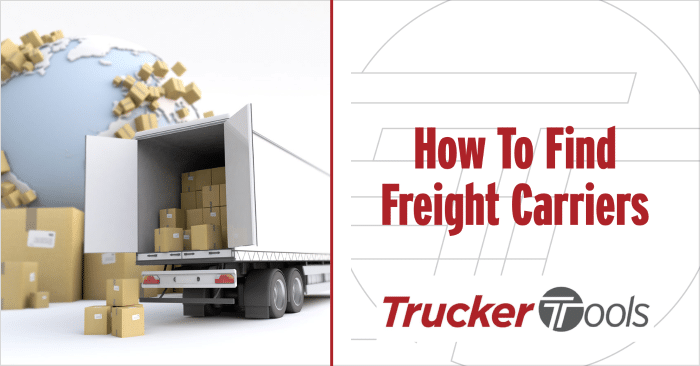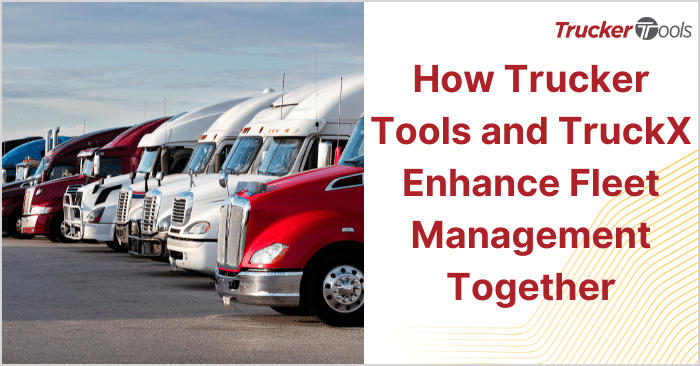As a freight broker, your primary mission is to find freight carriers to meet your shipper’s truckload transportation needs. Of course, it’s not just about finding any available carrier or driver. Rather, you need to find the right carrier for each individual load that your shipper needs hauled. Does the carrier have the necessary equipment for the load? Does the carrier’s driver have the proper credentials to transport the type of load you’re brokering? In this blog, you’ll learn about the different strategies you can use to find freight carriers and why real-time load boards outshine other methods for finding and securing carrier capacity.
Dialing-for-Diesel
Dialing for diesel is a phrase that you may hear tossed around the industry from time to time. This phrase refers to the manual, old-school approach that some brokers still use to find freight carriers. Dialing for diesel usually means that you for each load you need to cover, you’re picking up the phone and calling carriers one by one to find out if they have truck capacity for the load.
While this approach certainly works, it’s not the most efficient or effective way to find freight carriers in today’s fast-paced, always-moving world. The main drawback of sourcing carrier capacity with phone calls is that it’s time and labor intensive for you and your team. You may have to make five, 10 or more calls before you find a carrier with the type of trailer and other equipment you need. Even if you only spend a few minutes on each phone call, that time can quickly add up and become a productivity-killer. Once you find an available truck, you may have to onboard the carrier if they haven’t worked with your company before. You also must negotiate the rate with the carrier and discuss with the carrier how the driver will track the load for your shipper.
Traditional Load Boards
Forty years ago, load boards were born when truckers and brokers started posting their available loads and trucks as written notes on bulletin boards at popular truck stops around the country. Since then, load boards have gone digital and now can be accessed online via web browsers or mobile apps. Most load boards today require that users pay a monthly subscription fee in order to use the service. Carriers and owner operators can post their available trucks to load boards and freight brokers like you can post your shippers’ freight to load boards.
One of the biggest negatives about using traditional load boards to find freight carriers is that the technology is not usually real-time. When a carrier or driver connects with a freight broker and accepts a load (or vice versa) via a load board, the load or truck isn’t automatically removed from the load board and its search results. It’s the responsibility of the person posting the load or capacity to remove it when it’s no longer available. The reality is that many traditional load boards contain stale information and many of the trucks and loads you see there are no longer available. The result is that as a freight broker, you may see a good truck for a load on load board and reach out to the carrier only to find out that the truck has been taken by another broker.
Smart Load Boards: The Smart Way To Find Freight Carriers
Over the last few years, a new type of real-time load board has emerged that eases the headaches associated with traditional load boards and dialing for diesel. Smart load boards such as Trucker Tools’ rely upon the exchange of data in real-time between carriers and freight brokers to provide up to date information to all parties involved. Smart load boards use digital freight matching, artificial intelligence, automation and machine learning to streamline capacity sourcing.
“A digital freight model is an open, fully connected freight marketplace that uses machine learning, automation and other software services to efficiently connect shippers and carriers,” said Bart De Muynck, Gartner’s Research VP of Transportation Technology, during a roundtable with Logistics Management last November. “Digitized freight models provide an alternative to traditional brokers, load boards and the spot market, which remain time-consuming and collect information from carriers and shippers, but often don’t support true collaboration.”

It’s clear that using a smart load board to find carrier capacity is much more efficient than either dialing for diesel or traditional load boards. Smart load boards are more efficient for carriers and owner operators, too, as they have to field fewer manual phone calls from brokers asking, “Do you have a truck?” Smart load boards like Smart Capacity include tools that let you negotiate rates with carriers digitally, automate rate confirmations, provide carriers with 24/7 access to your loads and automatically display reloads. With smart load boards, you can streamline how you find carrier capacity and concentrate your efforts on service and relationship-building instead of repetitive manual tasks.
Don’t miss “Best Practices for Freight Tracking.”
Schedule a free demo of Trucker Tools’ Smart Capacity load board.






